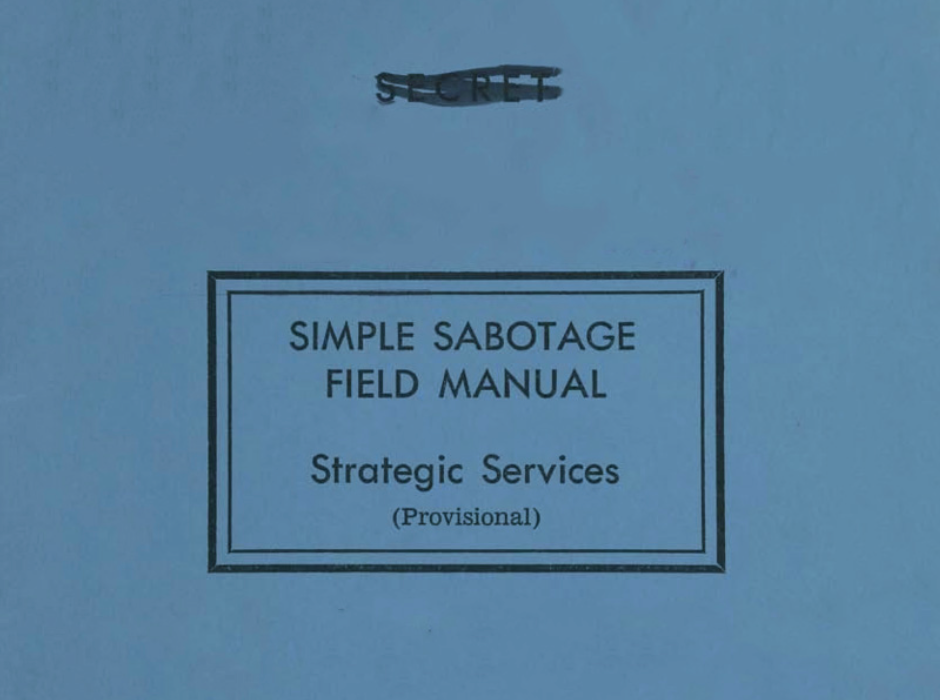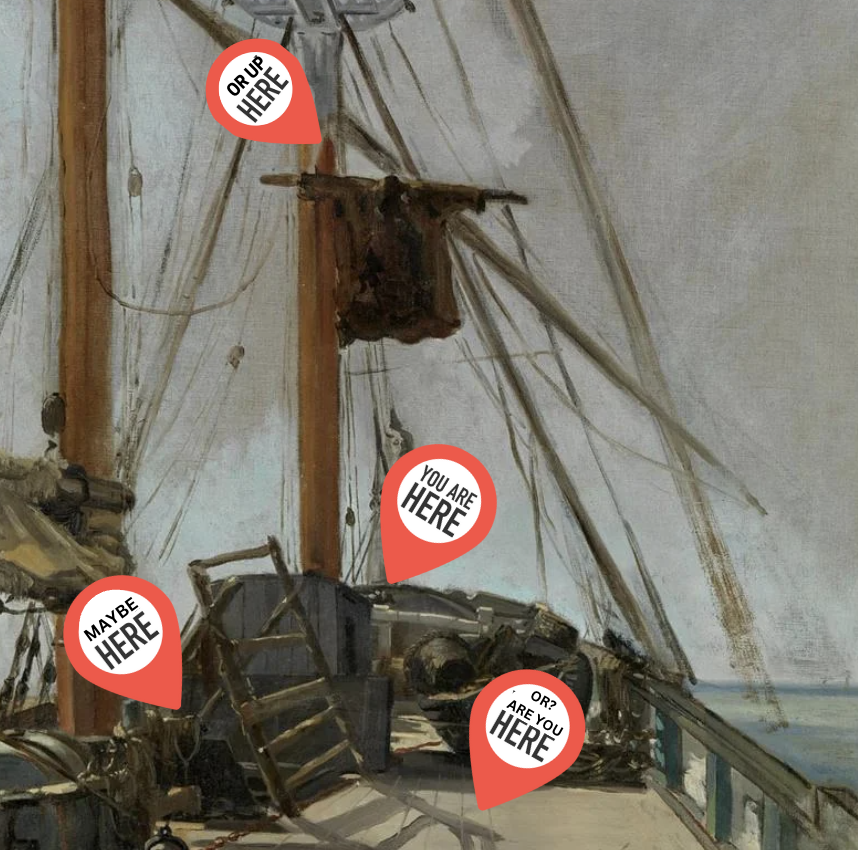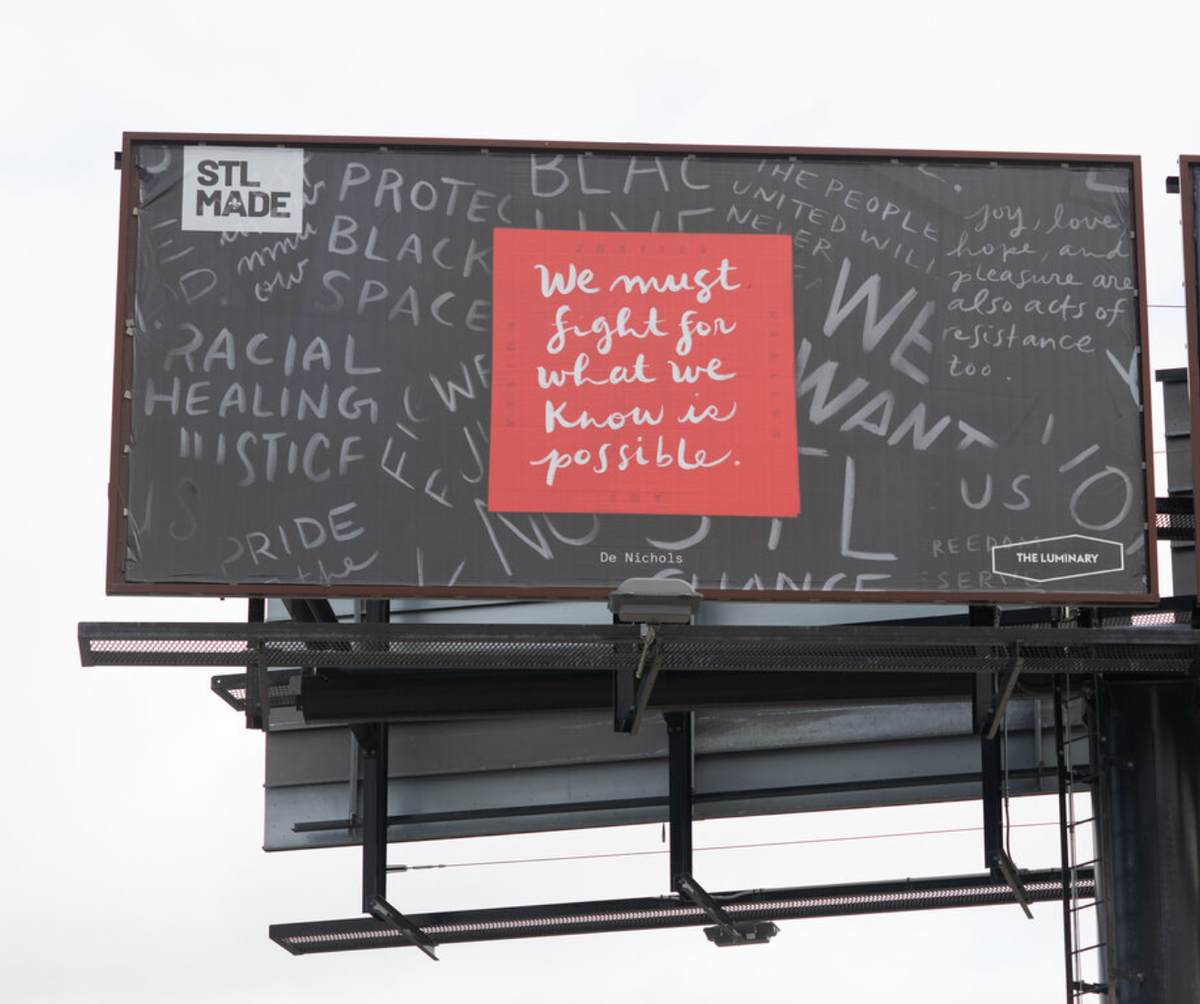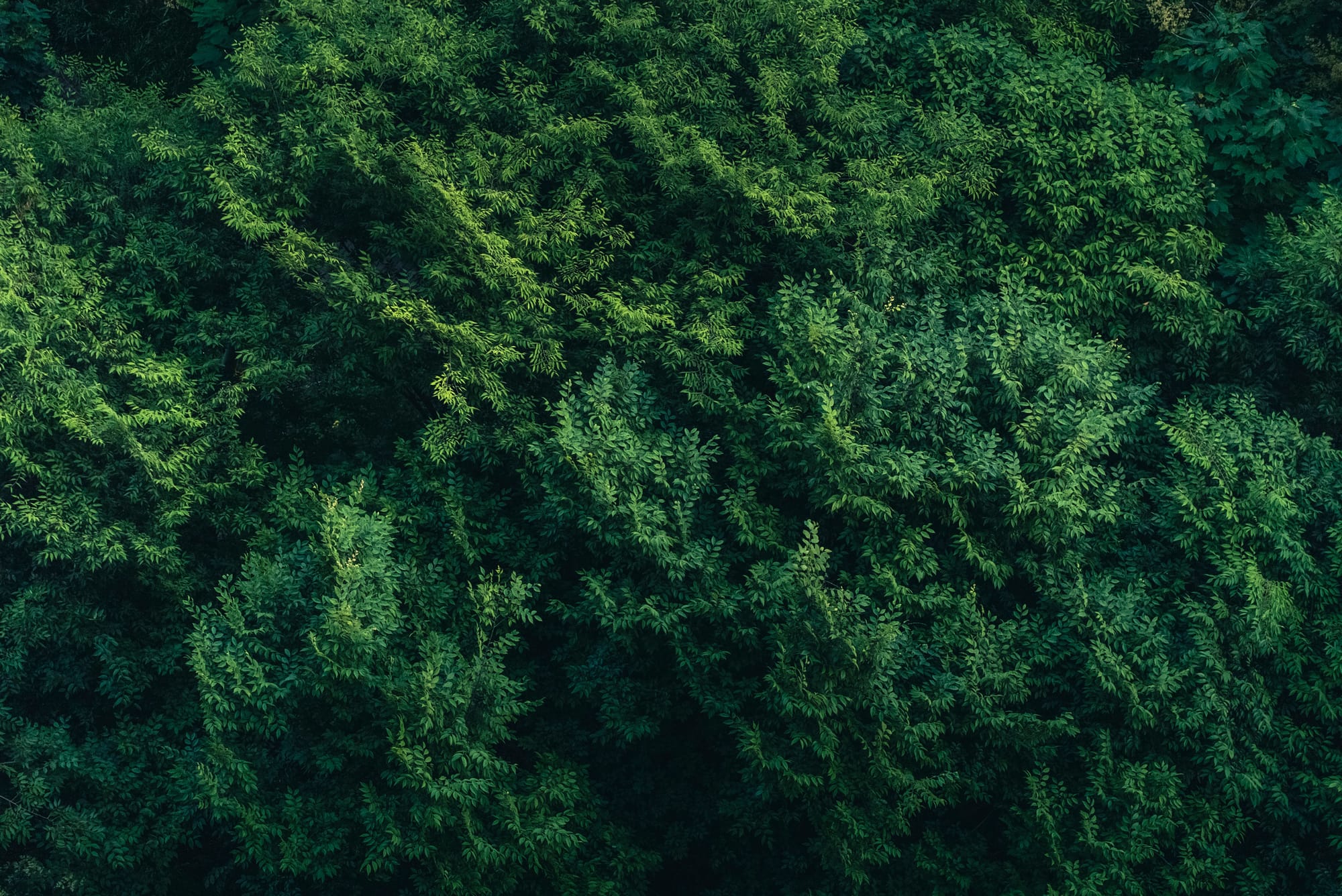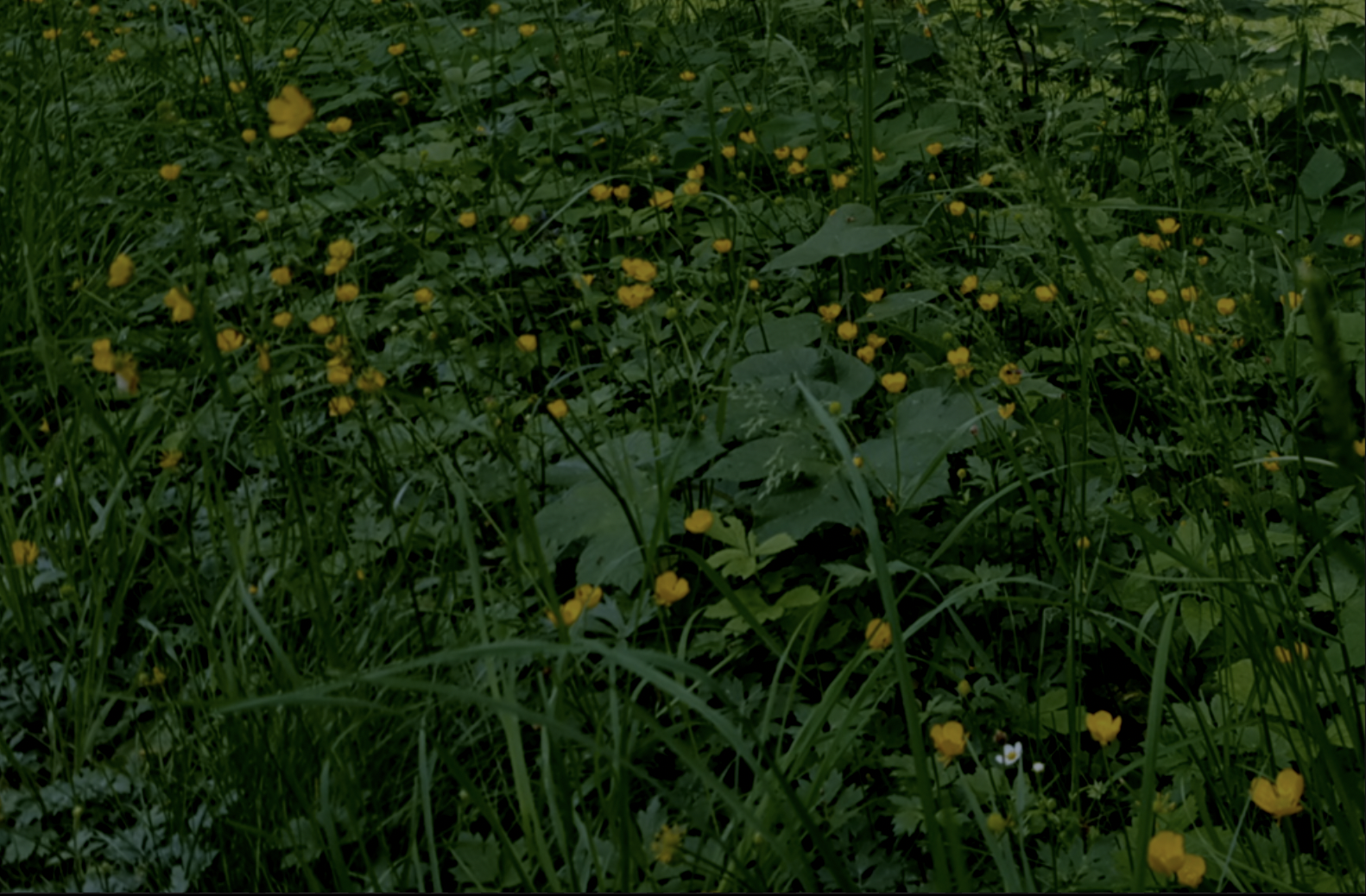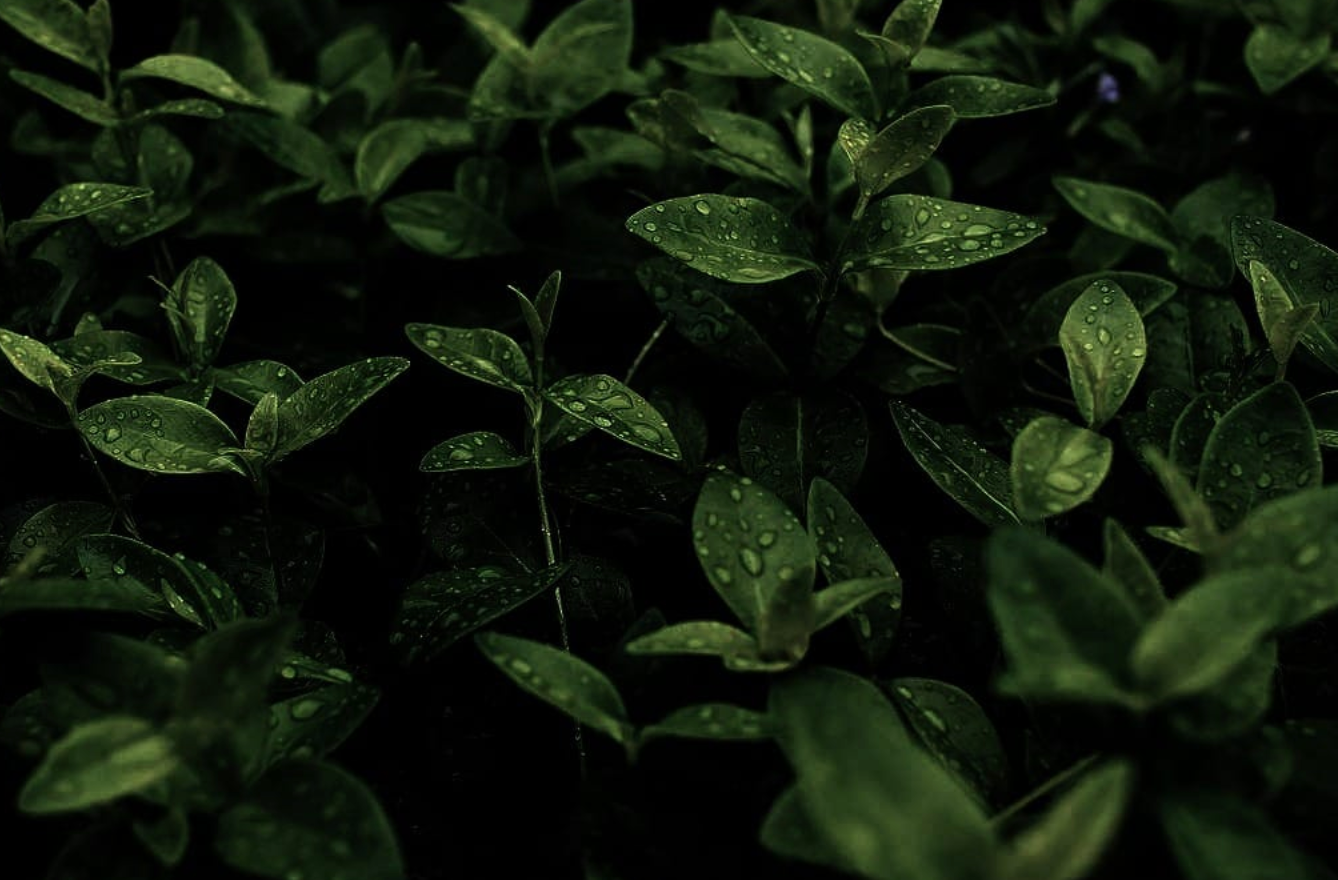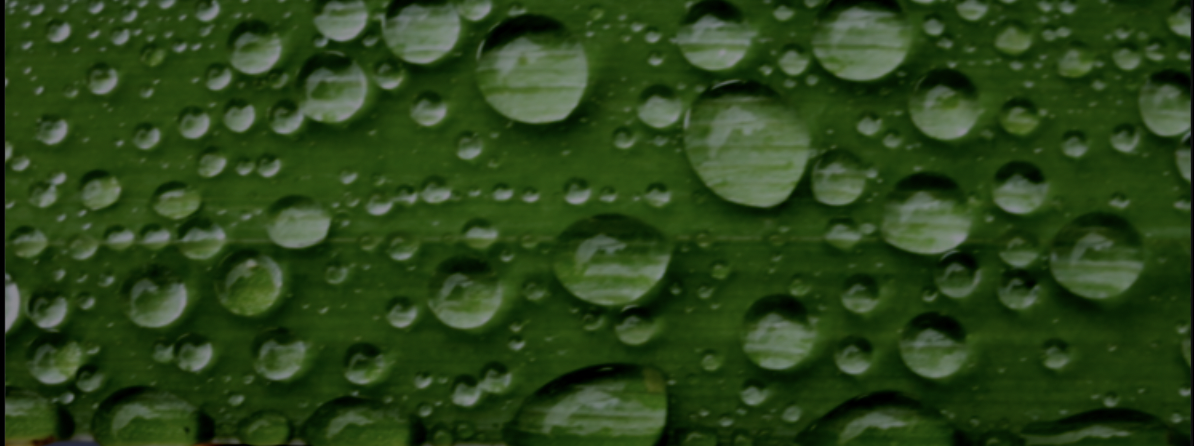fortify inside
why spiritual practice matters during the rising authoritarian tide

This is Life as a Sacred Text 🌱, an everybody-celebrating, justice-centered voyage into ancient stories that can illuminate our own lives. It‘s run on a nonprofit, so it’s 100% NAZI FREE. More about the project here, and to subscribe, go here:
You may be familiar with this famous 1941 Dorothy Thompson essay entitled, "Who Goes Nazi?" (If you haven't (re)read it in the last couple of weeks, please do. It's going to continue to be important in this era.) Cutting to the chase, emphasis mine:
"I have come to know the types: the born Nazis, the Nazis whom democracy itself has created, the certain-to-be fellow-travelers. And I also know those who never, under any conceivable circumstances, would become Nazis.
It is preposterous to think that they are divided by any racial characteristics... Nazism has nothing to do with race and nationality. It appeals to a certain type of mind....
Kind, good, happy, gentlemanly, secure people never go Nazi...But the frustrated and humiliated intellectual, the rich and scared speculator, the spoiled son, the labor tyrant, the fellow who has achieved success by smelling out the wind of success—they would all go Nazi in a crisis.
Believe me, nice people don’t go Nazi. Their race, color, creed, or social condition is not the criterion. It is something in them.
Those who haven’t anything in them to tell them what they like and what they don’t—whether it is breeding, or happiness, or wisdom, or a code, however old-fashioned or however modern, go Nazi."
These are going to be times that try us.
Our internal fortifications matter more than ever.

It may be counterintuitive, with so much happening out there right now, to be writing about our internal lives, but, truly, shoring up who we are matters so much now.
This flood of horrific, atrocious Executive Orders attempting (often illegally) to touch everything from trans existence to im/migrant safety to the climate to health care to basic history and equity in education? That's on purpose.
On January 19th, Indiana Senator Jim Banks, a staunch Trump ally, said, of his opening days: "I think it's gonna be shock and awe."
Yeahhh, that's a name of a military strategy also known as "rapid dominance" that's meant to break an enemy's will to resist through an initial overwhelming display of force and firepower.
In other words: Get people into freeze mode and then you can take over.
They are deliberately attempting to trigger a trauma response so that we are less able to respond from our whole selves and more likely to just go along with whatever's happening.
We must do what we can to stay clear and connected and whole, to give ourselves both interpersonal supports and space for our inner life so that we can see today, and tomorrow, and the day after that through with integrity and bravery.
As Steven Charlston, Choctaw Nation elder and Episcopal bishop wrote recently,
When things feel like they are happening too fast, the elders suggest slowing down your reactions to them. Leaping forward to respond to every new reality can wear you out. Practice mindfulness. You will know when and how to act when your response will have an impact. Do not lose your sense of balance. Choose your own time and place.
We must invest in our own inner care.
This is, of course, not at the expense of interpersonal care, and may happen with and through our relationships with others.
As the great Soraya Chemaly notes in her important book The Resilience Myth, resilience cannot be, must not be, a solo endeavor– it is communal care that must be at the heart of our thinking at this moment– the way we will hold each other through this. I'll talk more about that another time.
And it's also true that the things that we do to nourish ourselves can help fill us up as we navigate the day-to-day. It's a both-and, and frequently not an either-or.
I'm talking about the kind of thing that helps you plug in to yourself, other people, the world and your place in it and (if– and only if– this resonates with you) the Big Bigness, the Universe, the divine, the great Everythingness of which we are a part. (If God isn’t your language, maybe words like creativity, intuition, love, the universe, or interconnectedness are.) Maybe you call it "spiritual practice." Maybe you don't.
Your meditation. Your prayer. Your morning writing pages. Your long walks. Your art. Your swimming. Your pottery. Yes, even your parenting, if you can show up in the right frame of mind every once in a while.
Do the thing that sustains and nourishes you.
That makes you more alive to yourself, and the present moment.
Whatever that thing is.
It very likely does not involve your phone, unless that phone has a guided meditation app or you use it for music for your walks or etc.
Going on a heavy Great British Bake-Off rewatching spree? Less likely to do the thing. Baking, yourself, and periodically checking the online recipe? Sure, if that's something you put your heart into, feel more alive during and/or after.
You see where I'm going with this.
We need to be as awake, as clear, as grounded as possible.
(And some days all we have available is the Great British Bake-Off or [your equivalent here] and that's FINE. These days are hard and getting through them in one piece is the priority. Yes? Yes. And keep reading, maybe I can inspire you to try some of the other modality a little bit, too?)
(Needless to say, the more directly impacted you are by these EOs or otherwise struggling you might be, the more just getting through the day however you can is the name of your game. But some of this might be useful for you also?)
This moment in history will require the best of us.
The trauma happening now– and that will continue to intensify– is real.
We must be practicing everything that can help guide us in the weeks and months ahead.
The first way is that a spiritual practice helps us get grounded in the now—in the breath in our lungs, the offering of our hearts, in the feeling in our body. This moment, and the next moment, and the next moment after that.
There are probably gonna be feelings. Maybe quite a lot of them. That's OK.
(If you're able access therapy, it's not the worst component to add into Living Through These Times, truly. Some places to start if access is an issue.)Perhaps ironically, the good stuff is often found precisely when we let go of the maneuvers, when we surrender to the emotions that are already there.
When we don’t stop to get present in our own bodies, stop to find out what’s happening in our own minds and hearts, we wind up in reactive mode—reacting unconsciously to the feelings we haven’t given ourselves permission to feel.
So then we let our (unconscious, usually) thoughts control us, rather than controlling our thoughts.
Every time we do something that requires us to be here and now, we take charge of the moment, remind our thoughts and feelings that we're in the driver's seat, that they can sit quietly in the passenger's seat if they like but do not have permission to grab the wheel.
And then it gets easier to do that the next time, and the next time after that. Even in those moments when it might be more tempting to react rather than choose our reactions. (There's a reason that it's called spiritual practice. It's practicing a hard thing, again and again.)
So that's one thing.
Another is that, even now, we must remember that we are of value even when we’re not ‘doing.’
That even when the world is awful, we’re allowed to have joy. Perhaps especially when the world is awful.
That joy will help fuel and animate us, restore us when we’re feeling overwhelmed and depleted.
That simplicity can also give us insights about the work that needs to be done.
None of us can’t do it all.
But maybe if we can get into the here and now a bit more often, we can each find more more clarity about what part of the work is ours to do—what we must do—and how we can get there.
And joy will help sustain us for the long haul.
All too often, we talk about our energy in terms of pie-chart resources—“me-time,” for example, like it’s a finite thing that must be saved to the side while other parts of us are apportioned elsewhere. Capitalist, scarcity thinking about our own humanity.
Doing things that fill us up can help us develop another way of being.
For example, The Sfat Emet, a late 19th c. Hasidic master, talks about the relationship between a cistern (“bor” in Hebrew—that is to say, a rain barrel), and a wellspring (“be’er” in Hebrew). He says that there is a
“holy point into the very nature of every creature.... This is called ‘your cistern,’ for it is attached to the body. The more you take the light of the soul upon yourself, drawing your deeds to follow this light, the more spirit and soul is added to you. This opens the wellspring that flows without end.”
That is to say, as we fill up our respective rain barrels with things that nourish us, and as our actions reflect our own light, we open up a wellspring—an endless, flowing source of this love and goodness, and we can draw from it and let it pass through us.
In this way, we don’t use ourselves up—we learn to draw from something bigger than us, and to utilize and harness that power.
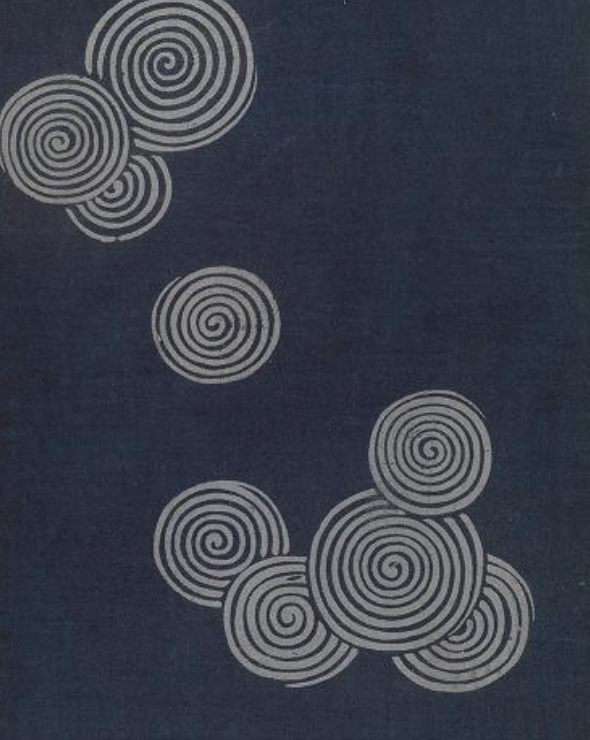
I know we're all overwhelmed. This isn't a "new thing to feel guilty about."
It's meant to be an inspiration, not a burden. We have enough things to feel guilty about. (Again: If "getting through the day" is what you've got on tap now, OK, get through the day, and please give your precious self compassion and kindness.)
And.
It will help.
I promise.
Would it help if I gave you some ways to think about how this could happen?
Some practical tips?
OK: Pick a thing to do and figure out when you’ll do it.
It doesn't have to be big.
Start small but build in a way for it to be integrated into your life regularly.
Find the thing that's already happening and figure out how you can use it to better care for yourself.
And if you've got a practice but have been struggling with it mightily lately (or this last year, or whatever), maybe it's a sign that your practice needs to change shape? Maybe there’s something different about the what or the how that could better support you now?
Maybe you set an alarm on your phone to remind you to sit meditation on your lunch break. For three minutes every day (use your phone timer!) until you feel ready to move it to 5 minutes. (Note: There's been increased scrutiny on whether or not plain sitting meditation is a wise route for trauma survivors to take before engaging in other healing modalities. Somatic exercises even once a week might be a better bet.) Or maybe you try to figure out if you can head over to the meditation center on Wednesday evenings (community! connection!) or etc.
Or: Decide that instead of checking email or Instagram when you walk home from dropping your kid off at school, you'll put the dang thing away and try to notice things the whole walk back instead.
Or: You bring your embroidery to a social situation you can't get out of, so you can nod and smile politely and then duck in the corner and tune in to your stitching. (Listen, trying to be realistic here?) (Have I done this? MAYBE.)
Or: You have to cook dinner every night anyway, so you'll put on an aria and focus your full attention on the music and your hands chopping the carrots.
Or: set the alarm to remind you to write three stream of consciousness pages longhand (aka morning pages) during the time you would usually be drinking coffee and reading the news/messing on social media in the AM, or set the alarm to dump out the day onto paper before you go to bed instead of doomscrolling in the evening.
Or: Decide you’ll get up 10 mins earlier to pray, and start with saying the Sh’ma, then in a month add the blessings before and after, then in a month add the Amidah after (and/or whatever the prayer sequence is from your tradition). (For folks learning to pray in Hebrew especially: As you gain ritual mastery, your davening will likely be easier and go faster, so adding the next new part shouldn't add on much, if any, total time.) Or: Just get to services once a week, either Friday night or Shabbat AM, at that place you keep meaning to check out. Here's your kick in the pants. Spiritual connection and community. Be brave, come on.
Or: Invite people over for Shabbat dinner. Doesn't have to be fancy. You don't have to clean your space. Make spaghetti and bagged salad. Or make it a potluck. Order a pizza. Whatever works. Have everyone go around and say something they're grateful about from the week. Use the Sabbath Manifesto principles. And/or say the more traditional blessings. Read poetry.
Or: Ten minutes a day, or even twenty minutes every few days, you take out watercolors, markers, colored pencils, all of it, whatever (you can get cheapie versions at the drugstore!) and decide you're going to put on gorgeous music and just – make art about it. (Whatever "it" is, today, chewing at your heart.) More about a process you can use here and here– and of course this (like many of the others above) is a great one to do with kids. Everybody has some "it" to make art about.) (This can be a great one re: inviting over community, too.)
Or: Whatever works for you at whatever time.
Though really, put it in your schedule, set alarm reminders on your phone, whatever you need to help keep you on task.
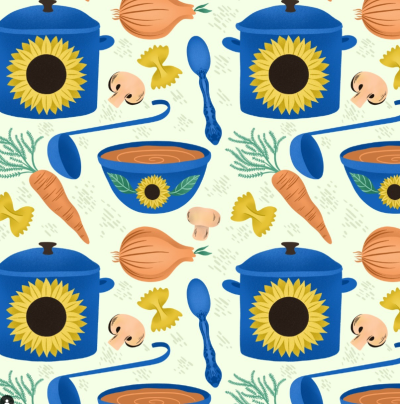
It’s easy to lose momentum. Just schedule it. And then do the thing even if you don’t feel like it! Do the thing even if you’re cranky and resistant that day!
“Hardly does our head begin to ache than we stop going to choir, which won’t kill us either. We stay away one day because our head ached, another because it was just now aching, and three more so that it won’t ache again.” Teresa of Avila
Some days when you go jogging, you get a runner’s high, and some days you’re just chugging along, puffing and waiting for the thing to be over—but even on the days that you hate every second, your muscles are getting stronger.
Do the thing even when you don’t feel like starting. And when you start, bring your mind back to your breath, to the words of the prayer, to your focus on what you’re doing. Some days the groovy feeling kicks in partway through. Some days? It doesn't.
Keep on it for a while and you’ll start to experience its impact anywhichway.
And it may have a profound impact on your understanding and vision of what's possible.
It's not for nothing that many of the great movements for justice were driven by religious leaders, or people who were deeply religiously connected.
Who experienced, viscerally, our collective interconnectedness, who felt, personally the weight of obligation to not stand idly by, and who were able to plug into the Big Bigness to fuel their expansive work for liberation.
Gandhi. César Chávez. Malcolm X. Fannie Lou Hamer. Malala Yousafzai. Rev. Dr. King. The list goes on. (Or, as my friend Rabbi Jill Jacobs, head of T'ruah, which organizes rabbis to fight for human rights puts it when asked where the next Rabbi Abraham Joshua Heschel is, that there are "thousands of rabbis and cantors in their communities and in the streets, together with lay leaders, and ordinary Jews, who are bringing the moral power of our tradition alive....")
You, taking the time to keep yourself fueled? Matters.
I'm not saying that it's a magic cure-all.
There's still injustice out there, and it impacts all of us. These times will be hard.
As liberatory therapist Pat Duggan put it on Instagram,
Honestly, just living in America is one of things one of the biggest ways to dysregulate your nervous system. You could do all the breathwork, all the mindfulness, all the meditations, make sure you're moving your body right, making sure you're practicing gratitude journaling, taking your vitamins, all that stuff, and still feel unwell, unsettled. Especially if you're one of the millions of people who do not have the luxury to simply disconnect, right, because to be able to disconnect in itself is a privilege... So when working with individuals, I do not overemphasize the power of having to be this completely regulated person, because that's not really practical, and it isn't not needed, because the reality is, you're gonna feel some shit and your emotions are needed– like, right now, for example.
The goal should not be to be "this completely regulated person." That's not going to happen.
And again, if right now you don't have the luxury of this? If it's too high on the hierarchy of needs? Guard your precious self.
But if you're able to reach for joy, for connection, for wholeness?
Please, please do it.
We need you as whole as possible during this time.
And it will make you better in this fight, so that you can show up more fully for everyone else.
We're all in this together.
Solidarity is the only way home.
Collective liberation or bust.
We're not giving up. Ever.
We can do this.
🌱
Like this? Get more of it in your inbox every week.
For free every Monday—sign up at the ‘Subscribe now’ button just below.
And if you become a paid subscriber, that's how you can get tools for deeper transformation, a community for doing the work, and support the labor that makes these Monday essays happen.
A note on the subscription model:
I want my work to be as accessible to as many people as possible, in as many ways as possible. That's why the Monday essays are free, and why we donate subscriptions to anyone for whom paying is a barrier to the House of Study posts.
I also believe people should be paid fairly for their work. Needless to say, these two values sometimes seem to be in conflict, but I do what I can to find a fair balance. I offer many resources for free, and charge for others. When you donate generously or pay at the top of our scale, that helps support the work I do, provides access for those who have fewer resources, pays for the infrastructure and the technical and practical support that it takes to do this, and helps us keep the work sustainable.
And as always, if you want in to the Thursday space but paying isn't for you now, just email support@lifeisasacredtext.com and we'll hook you up.
And if you’d like to underwrite one of these donated subscriptions, you can do so by signing up at one of the higher subscription points.
And if it resonated with you, please share this post.
Sending a big pile of blessings and goodness your way. 💕
MORE READING
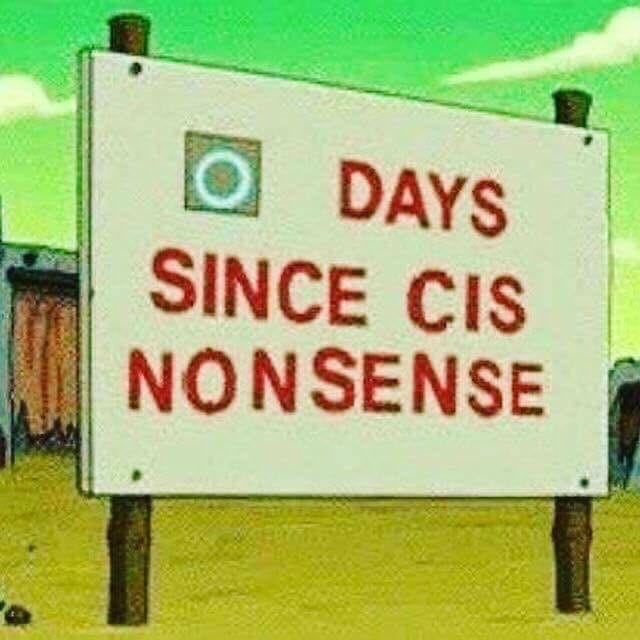


A directory of local orgs that can support people in need-- and that need supporting.
Huh, this The World War II-era "Simple Sabotage Field Manual" was declassified in 2008 by the CIA, and it's suddenly a verrrry popular download on Project Gutenberg. Note that I do not condone blowing up buildings, but I wonder where the line is with regards to malicious compliance when we're dealing with an order whose enactment could harm real live human people? Or curtail their civil rights (What would you wished the officials running the Special Trains would have done? When do your own ethical obligations to not "just follow orders" kick in?)
